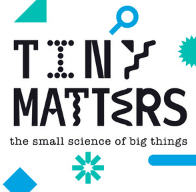Learn about oxytocin's potential beyond its traditional "love hormone" role with a selection of research highlights demonstrating promising applications in Alzheimer's treatment, epilepsy, pain management, and more.

Valentine's Day, celebrated annually in many countries on February 14, is synonymous with affection and emotional bonding—largely credited to oxytocin, famously dubbed "the love hormone." However, scientific endeavors have begun to unravel the extensive spectrum of oxytocin's benefits, extending far beyond its role in emotional attachment. This multifaceted peptide hormone, intricately involved in various physiological and psychological processes, is now at the forefront of groundbreaking research in areas such as pharmacology and neuroscience.
The following selection of ACS journal articles published over the past several years provides a fascinating glimpse into the evolving landscape of oxytocin research. From its application in innovative therapies for Alzheimer’s disease to its role in mitigating epilepsy symptoms, these articles highlight oxytocin's therapeutic versatility and potential. Other studies highlight its role in areas such as chronic pain relief, breast cancer treatment, and the intricate dynamics of its receptor functions. Together, these studies help paint a picture of a hormone that is not just about emotional connection, but a key player in scientific and medical innovation.
And for more conversation surrounding all things oxytocin, we encourage you to check out ACS' latest Tiny Matters podcast, "Love, loss, and prairie voles: How oxytocin is more and less important than you think."
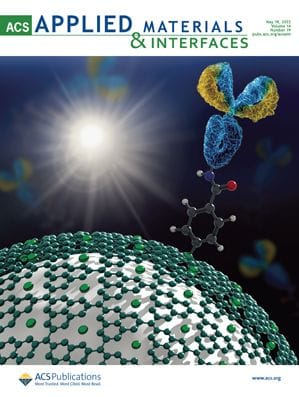
Oxytocin Nanogels Inhibit Innate Inflammatory Response for Early Intervention in Alzheimer’s Disease
ACS Applied Materials & Interfaces
DOI: 10.1021/acsami.2c00007
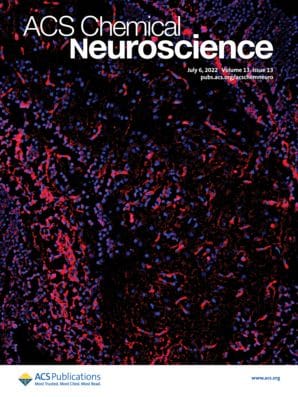
Protective Effects of Intranasally Administrated Oxytocin-Loaded Nanoparticles on Pentylenetetrazole-Kindling Epilepsy in Terms of Seizure Severity, Memory, Neurogenesis, and Neuronal Damage
ACS Chemical Neuroscience
DOI: 10.1021/acschemneuro.2c00124
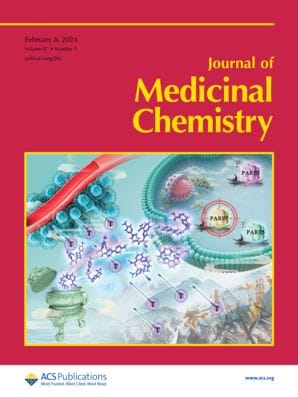
Targeting the Oxytocin Receptor for Breast Cancer Management: A Niche for Peptide Tracers
Journal of Medicinal Chemistry
DOI: 10.1021/acs.jmedchem.3c01089

Structure-Based Design of Glycosylated Oxytocin Analogues with Improved Selectivity and Antinociceptive Activity
ACS Medicinal Chemistry Letters
DOI: 10.1021/acsmedchemlett.2c00455
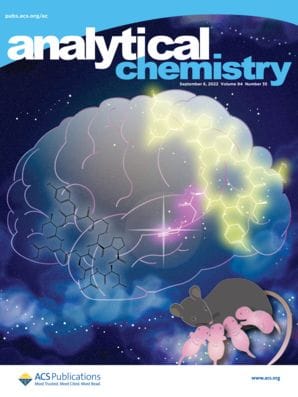
Probing the Spatiotemporal Dynamics of Oxytocin in the Brain Tissue Using a Simple Peptide Alkyne-Tagging Approach
Analytical Chemistry
DOI: 10.1021/acs.analchem.2c00452
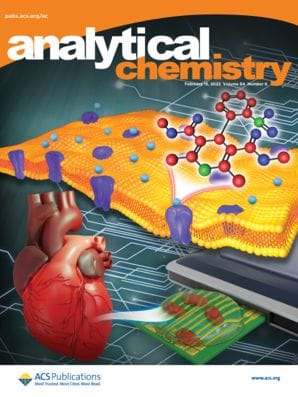
Optimized Sawhorse Waveform for the Measurement of Oxytocin Release in Zebrafish
Analytical Chemistry
DOI: 10.1021/acs.analchem.1c04879
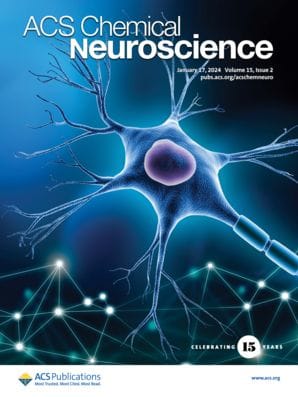
In Vivo Dissection of Two Intracellular Pathways Involved in the Spinal Oxytocin-Induced Antinociception in the Rat
ACS Chemical Neuroscience
DOI: 10.1021/acschemneuro.1c00471
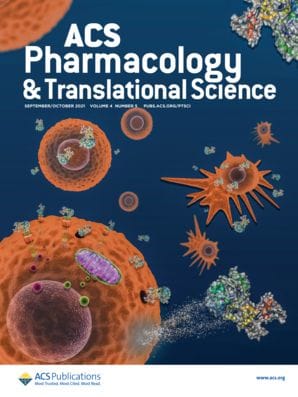
Naturally Occurring Genetic Variants in the Oxytocin Receptor Alter Receptor Signaling Profiles
ACS Pharmacology & Translational Science
DOI: 10.1021/acsptsci.1c00095
